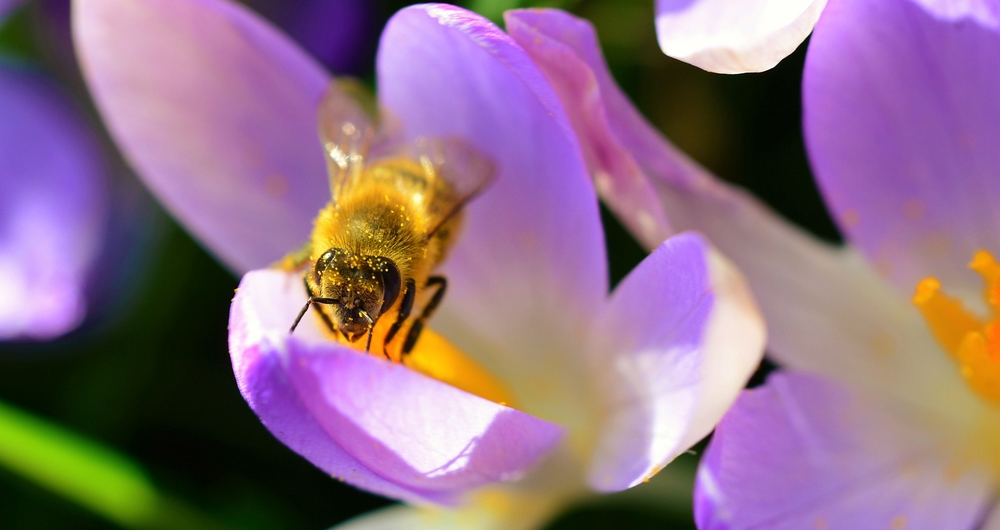The plan sets out four key outcomes for beekeepers, bee farmers, associations and government to work towards to help protect honey bees, which continue to face pressure from a variety of pests, diseases and environmental threats including the invasive non-native species Asian hornet.
The Healthy Bees Plan 2030 was developed in consultation with bee health stakeholders, including the NFU, and is aimed at sustaining the health of honey bees and beekeeping in England and Wales over the next decade.
NFU senior regulatory affairs adviser Dr Chris Hartfield said:
“The National Farmers’ Union has been involved with the Healthy Bees Plan since it started in 2009. Farmers and growers recognise the significant contribution honey bees make to pollination, and the importance of healthy bees for crop and honey production.
We’re involved in research to better understand the challenges bees face; and in promoting care when using pesticides, and the better provision of forage and apiary sites.
The Healthy Bees Plan is central to the continued improvement of bee health in the UK and we look forward to being part of this for the next ten years.”
The four key outcomes set out in the plan are:
- Effective biosecurity and good standards of husbandry, to minimise pest and disease risks and so improve the sustainability of honey bee populations.
- Enhanced skills and production capability/capacity of beekeepers and bee farmers.
- Sound science and evidence underpinning the actions taken to support bee health.
- Increased opportunities for knowledge exchange and partnership working on honey bee health and wider pollinator needs.
The economic benefit of pollination to crop production in the UK is approximately £600m each year , based on yield.
Environment Minister Rebecca Pow said:
“Bee health stakeholders have had a key role in developing our plan, and we look forward to working together to help ensure our bees can survive and thrive for future generations. Action to implement the plan will now be taken forward together in collaboration with beekeepers, bee farmers, associations and government.
"Thriving plants and wildlife are public goods identified in the government’s 25 Year Environment Plan and one of the six environmental outcomes the government has committed to delivering through the new Environmental Land Management scheme (ELMs). Helping farmers to provide rich habitat for pollinators is one way in which ELMs will help deliver the goals of the 25 Year Environment Plan and support farmers to produce world-class food in a sustainable way.
"The government’s Nature Recovery Network will restore 75% of protected sites as well as creating or restoring 500,000 hectares of additional wildlife-rich habitat.”
The NBU maintains a voluntary database of active beekeepers called BeeBase. Beekeepers that are not registered with BeeBase are strongly encouraged to get in touch with the NBU online to register with BeeBase for free. Registration provides the beekeeper with a free visit from their local bee inspector and access to a wide range of information on their craft.
More from NFUonline:

